Your cart is currently empty!

Every year, more than 436,000 Americans lose their lives to cardiac arrest. Globally, cardiac arrest claims more lives than colorectal cancer, breast cancer, prostate cancer, influenza, pneumonia, auto accidents, HIV, firearms, and house fires combined. In the United States alone, over 350,000 cardiac arrests happen outside of hospitals each year, with nearly three-quarters occurring at… Read more
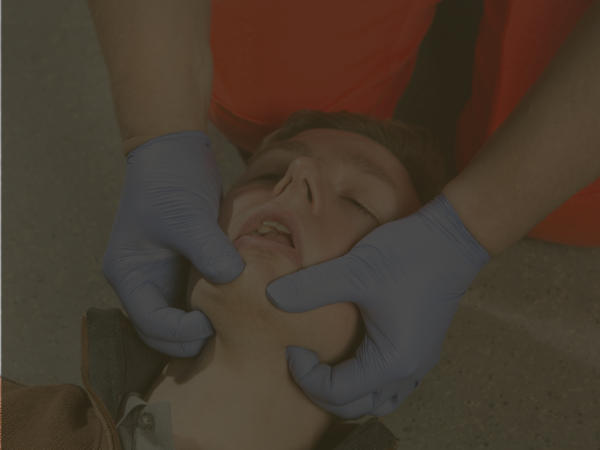
The jaw thrust maneuver is one of the most important airway management techniques rescuers need to perfect. This method allows rescuers to secure and then maintain an open airway in an unconscious person. This method is unique because it limits the movement and potential aggravation of any known or unknown spinal or neck injuries. Understanding… Read more
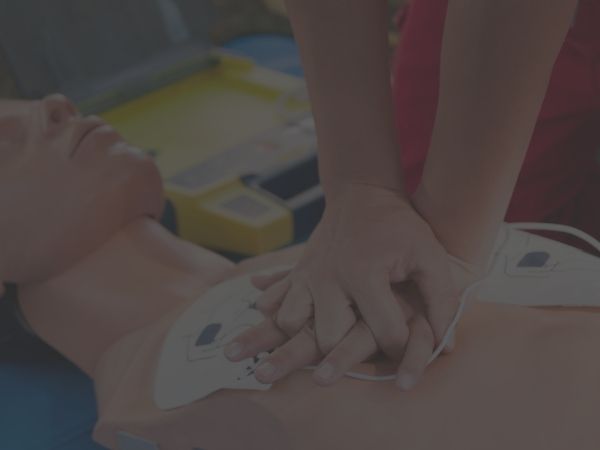
As a health care professional, you know that every second counts when your patient is in cardiac arrest. The faster you can restore a regular heart rhythm, the better chance your patient has to survive to discharge. Maintaining a high chest compression fraction (CCF) is a critical factor in improving their chances. But how can… Read more
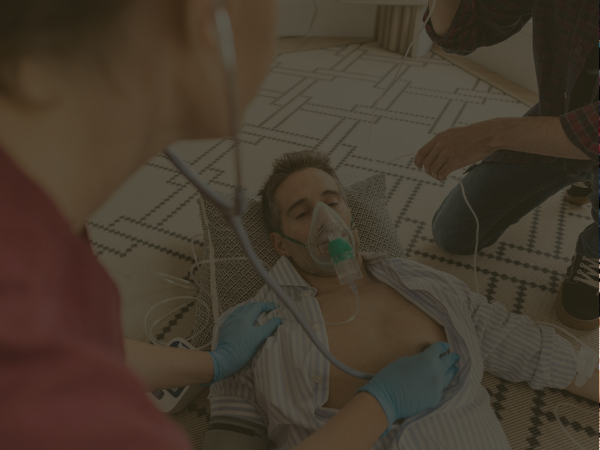
The ROSC medical abbreviation stands for the return of spontaneous circulation and is the goal of cardiopulmonary resuscitation (CPR). When ROSC occurs, it means the patient’s body has resumed sustained cardiac activity, allowing for appropriate circulation to continue without additional CRP at that time. What Are the Signs of ROSC? When cardiovascular function begins to… Read more
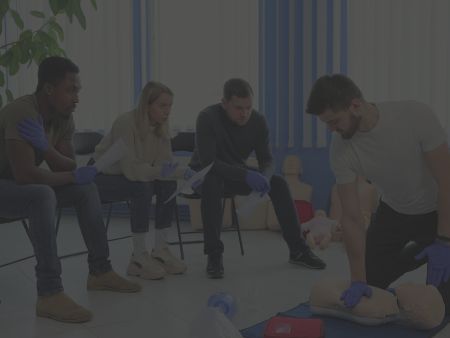
Curious about how to find my CPR certification? We’ve got you covered. You know you took and passed your CPR class—but you’re struggling to find your certification. Here, we’ll explore exactly what you need to know when you’re wondering, “how to find my CPR certification,” as well as what you need to do to earn… Read more
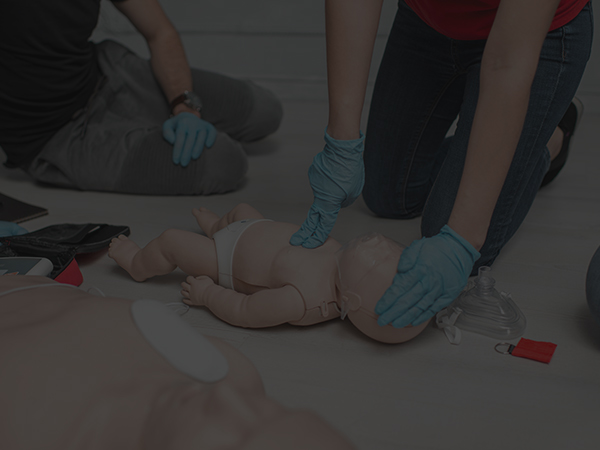
A baby is less than 1/15 the size of the average adult. So, naturally, you should never perform Adult CPR on an infant. Instead, to save a baby’s life, you must learn Infant CPR and how it’s different. Read on to find out! Why is CPR Different for Infants? A baby’s musculature, bone density, size,… Read more

As a nurse, you know the importance of staying healthy. But contradictorily, following through on your own health goals can be a challenge within the nursing profession — odd & extended hours, overwhelming stress, and emotion-draining events weigh on your physical and mental health. You need a plan to stick with your health and wellness… Read more

When someone has a cardiac arrest outside of the hospital, the fast action of a bystander with a CPR certification can mean life or death. For every minute this person goes without CPR, their chance of surviving decreases by seven to 10 percent (NIH.gov). That means that in the 10 minutes it takes for an… Read more
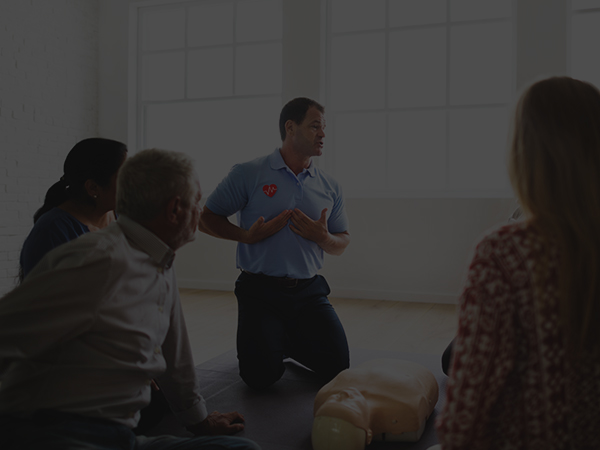
We live at a great time for those who want to learn about healthcare. Quality learning and resources are accessible to more people, thanks to the Internet. But the sheer number of online medical certification courses available right now can be overwhelming. And you’re busy. You don’t want to waste your time. Do you want… Read more

As a medical professional, unpredictable hours and long days define your life. In more recent times, pandemic fears have added a whole other level to an environment that isn’t very conducive to heart health. Despite working in an industry that focuses on heart health, ironically, you don’t always prioritize your own. And it’s starting to… Read more